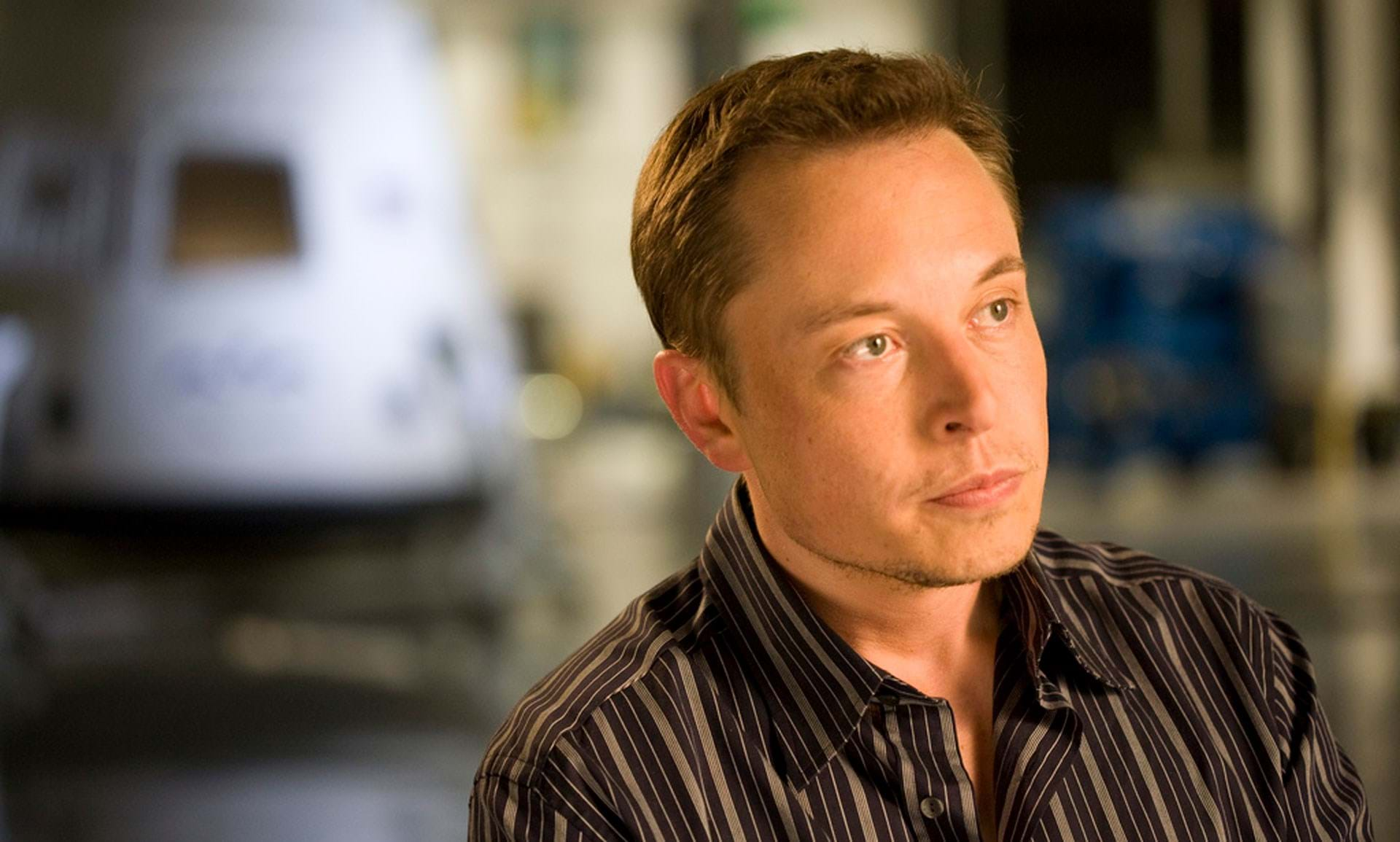Elon Musk puts up US$100m prize for carbon removal tech

TECH billionaire Elon Musk is launching a US$100m prize for innovators who can remove CO2 from the atmosphere and oceans, in a bid to develop technologies capable of scaling massively to gigaton levels.
The XPrize Carbon Removal competition opens in April. Anyone can enter, and the competition runs for four years. Any solution that sequesters CO2 for the long term is eligible, including direct air capture, mineralisation, and nature-based processes.
Entries to the XPrize Carbon Removal competition will be judged on how much CO2 they can remove, the cost per ton, the life-cycle analysis of the removal process, and land footprint. To win, entrants must demonstrate a working carbon removal prototype that can be rigorously validated and capable of removing at least 1 t/d. They must also demonstrate to judges that the solution can economically scale to the gigaton level and that it can lock away carbon for at least 100 years.
“We want teams to build real systems that can make a measurable impact at a gigaton level. Whatever it takes. Time is of the essence,” said Musk, who is the CEO of electric car and energy storage firm Tesla, and the space transportation firm SpaceX.
The judges will initially select 15 teams to receive US$1m each. Student teams can also compete for 25 scholarships worth US$200,000 each. The remaining US$80m will then be divided among three winners, with first place getting US$50m, second US$20m, and third US$10m.
The UN Intergovernmental Panel on Climate Change said in a 2018 special report that all pathways that limit global warming to 1.5°C will use carbon removal technologies. Options include reforestation, bioenergy with carbon capture and storage, altering ocean chemistry, and capturing CO2 directly from the air. Direct air capture processes are already being developed and deployed by firms including Climeworks and Carbon Engineering.
The IPCC said that effective governance is needed to limit the environmental impact of carbon dioxide removal technologies deployed at wide scale.
Recent Editions
Catch up on the latest news, views and jobs from The Chemical Engineer. Below are the four latest issues. View a wider selection of the archive from within the Magazine section of this site.




